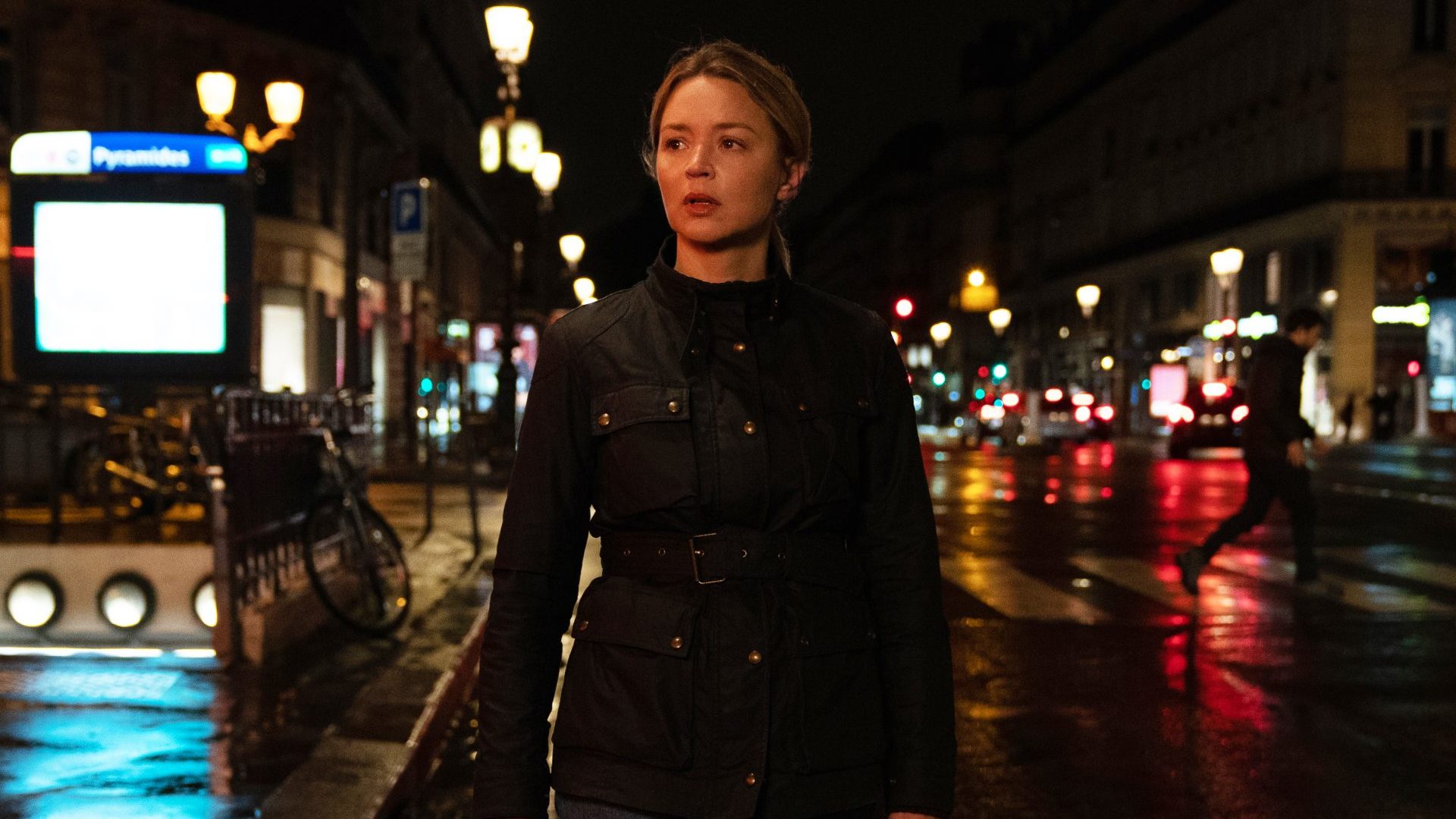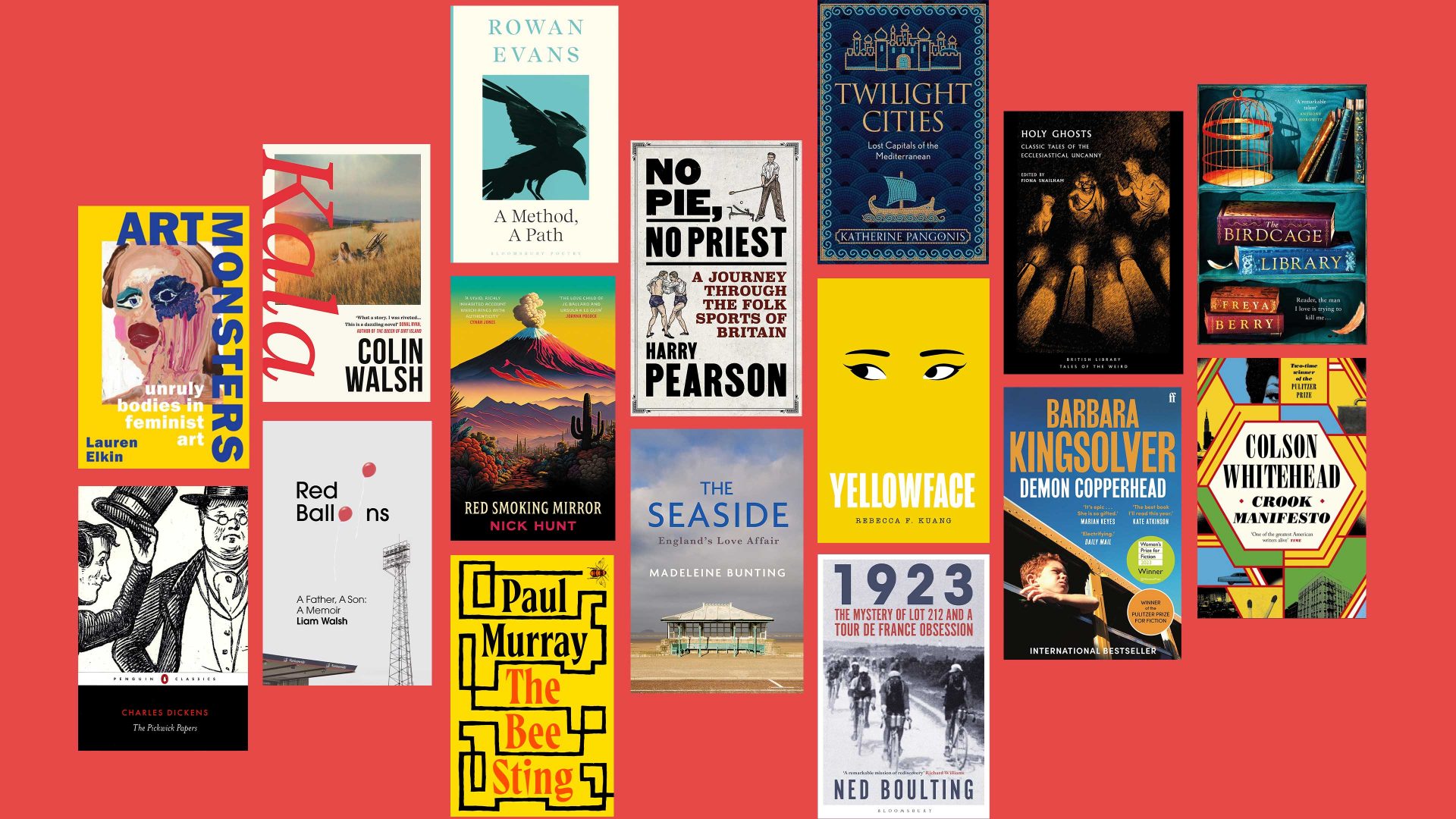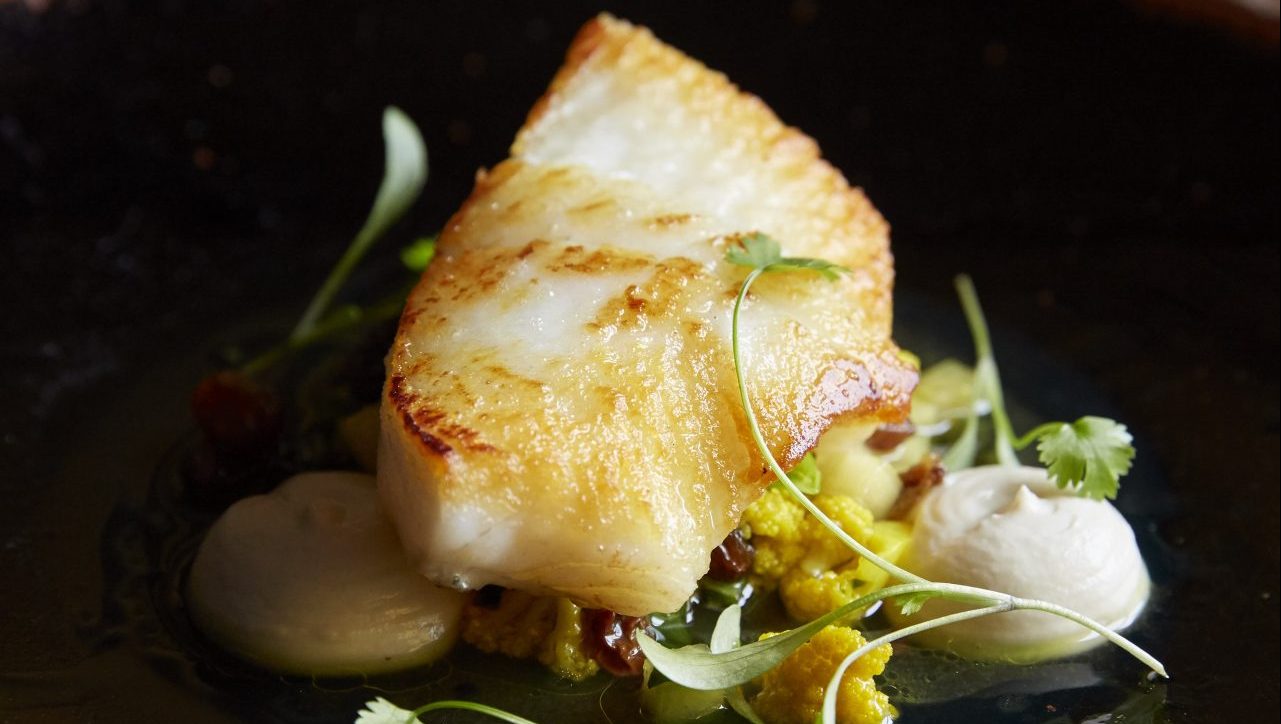Earlier this year, the Césars – France’s Oscars – handed out its best actress award. The nominees included French movie royalty in Juliette Binoche and Fanny Ardant, plus Adèle Exarchopoulos, a multi-award winner for Blue Is the Warmest Colour, and Laure Calamy from the hit series Call My Agent.
But the César went instead to Virginie Efira, a less familiar name for those who are not avid Francophiles. She may have a huge profile at home after a successful career in TV; she may have reached about as high as you can in terms of being accepted by the French film establishment when she acted as host for Cannes’ opening ceremony last year; but it’s fair to say that her reputation has yet to burgeon on the international scene.
High time we got to know her then, no?
Achieving such heights of success and acceptance is remarkable for a Belgium-born performer who, up until 10 years ago, was familiar only on French and Belgian TV. Having started out as the face of Belgian kids’ show Megamix and host of Star Academy, she became a popular weather girl on France’s M6 before graduating to become one of the channel’s main presenting faces, fronting the dating show Operation Seduction, talent shows such as Nouvelle Star and anthology programme Absolument 80/90.
While there are countless American stars who began in children’s TV and Nickelodeon shows, they have been child actors, not TV presenters, so it’s hard to find an equivalent trajectory – as if Ulrika Jonsson had gone into acting, or Zoe Ball had trod the boards after The Big Breakfast, or if now Holly Willoughby were to go from Phillip Schofield to Paul Schofield. The Australian stars, including Margot Robbie, the Hemsworths and Guy Pearce, who graduated from the TV soaps perhaps come closest, overcoming the snobbery of critics and audiences to reach the summit of their profession.
“I always wanted to be an actress in movies,” Efira tells me. “That was my dream ever since I was five years old. But, I’m not going to lie, when I was a successful TV presenter there’s no way I ever thought it would happen to me. I mean, come on.”
Efira won her César in March – her sixth nomination after all – for Paris Memories (Revoir Paris), in which she plays Mia, a woman piecing her life back together after the trauma of being caught up in a terrorist attack in a restaurant. Although fictional, the film is written and directed by Alice Winocour and is partly based on testimonies from the filmmaker’s brother, who survived the Bataclan terror attacks of November 2015.
When I saw the film in Cannes at its premiere in 2022, so raw were the memories of that actual night that I’ve rarely seen an audience so stunned, so gasping for cigarettes at the end – as they got outside after the screening, it was like witnessing a collective inhalation of smoke and a mass exhalation of relief, before anyone could speak.
“The film doesn’t concentrate on the evil of the event,” reckons Efira. “We can’t possibly know what it’s like to be caught in that and if you show that, you risk being sensationalist or dishonest. So I’m just playing someone traumatised by surviving it: which is to say, my character, Mia, is like so many people in Paris that night, so many who but for a moment of luck or a random decision, did not get killed. Everyone in the city has a story like that. And that’s probably why I was given a César – it’s a tribute to the film and the subject, the dead and the survivors more than it is to me.”
She talks of finding a “diamond in the trauma”, borrowing a phrase she encountered while researching the role in discussions with a trauma specialist, wherein “something good can come from the destruction of the self and the deepest fears”.
Efira is talkative, her words gushing out. Her agent warns me as much – “attention, elle est très bavarde” – before I get put through to talk to the actress who is generously interrupting a summer holiday in the south of France with the director Catherine Corsini (they made the 2018 drama Un amour impossible together) to talk to me about Revoir Paris. She is also eight months pregnant, expecting her second child in September, 10 years after her first, her daughter Ali. “I’ve been spending most of my time in the pool,” she laughs. “That way it’s much cooler and it takes all the weight off my huge belly.”
At the age of 46, Efira drew much attention and commentary with her full-bellied red-carpet appearances at this year’s Cannes in May, where she had two films premiering and for which she climbed the famous steps in all her glamorous, middle-aged pregnant glory. The forthcoming birth will give her some much-needed time off after what feels like a rapid ascent to the summit of French film.
Alongside Revoir Paris, there was another terrific performance last year in Other People’s Children (Les Enfants des Autres), released in the UK just a few months ago and written and directed by Rebecca Zlotowski, in which she played a woman trying to take on the role of stepmother to a four-year-old after falling in love with the girl’s handsome father (Roschdy Zem).
Both roles played to the strengths of Efira’s shining naturalism. Her star quality perhaps lies in a sense of easy relatability – for all her beauty and sexuality on screen, Efira always feels approachable, a quality she believes she may have earned by being in so many living rooms as a TV “face” over the years.
So how did she plot that path from TV to movie star? “Life is a succession of surprises but also a succession of moments,” she says. She’s been asked this perhaps too many times, so unusual is the journey, but she answers it as if she’s still not quite sure herself how she pulled it off.
“I was free to make a choice. I didn’t have kids or sick parents to look after. I was successful but I just realised life was moving quickly and that I had a chance to do what I really wanted, to take a risk, to go back to the acting I’d studied and which I loved. And I was old enough to think: what’s the worst that can happen if I screw up?
“I did it for pleasure, to prove something to myself at first but I had put cinema on such a pedestal, regarded it as such an art form that I never thought I could do it. Even the thought of it had paralysed me when I was younger, but in my 30s, I suddenly had a bit of self-confidence and I went to some casting sessions.”
As she had on TV sketches, she quickly proved a gifted comedienne and got lead roles in romcoms.
“I always loved Drew Barrymore and Julia Roberts,” she tells me, “so I had no issues about those roles if the characters were funny or well written and if I could do something with them.”
I remember her being rather charming, for example, in a Gérard Depardieu underdog pétanque (yes, really) comedy called The Invincibles, and again, opposite Jean Dujardin who was trying to follow the success of The Artist, in a ridiculous 2016 comedy called Up for Love, in which, through some odd special effects, he played a very short man wooing Efira’s glamorous corporate lawyer. “Love at first height” was the terrible English tagline, I recall… “Ah well, you can imagine some of the films I had to turn down,” she laughs. “I don’t think we are very good at comedy, the French,” she says.
She was, she says, just happy to be acting in movies at the start. Her films were well liked if not well reviewed, but she did still dream of working in what she calls auteur cinema. Her break came when she deliberately took a small part in Paul Verhoeven’s 2016 rape revenge drama Elle, which gave her scenes with Isabelle Huppert and the chance to work with a director she’d always admired.
It was a move and a movie that got her up the red carpet at Cannes and was seen by international audiences. At the same time she found herself in another romcom but one with a dark twist, Victoria, directed by a certain Justine Triet, the filmmaker who has just won the 2023 Palme d’Or. Suddenly, she was where she always wanted to be.
“You can say this was a conscious decision but I could take it because I wasn’t timid any more, and these were excellent directors and I believed I could offer them something interesting,” she says. Still, prolific as she’s become, quite a lot of Efira movies don’t make international release or festival circuit: Madeleine Collins, Lui (directed by Guillaume Canet), the hit “lockdown era” comedy Bye Bye Morons (Adieu les Cons) and a musical romance with Romain Duris called Waiting for Bojangles were all big in France but failed to ignite or even show internationally.
It was left to Verhoeven to light that spark with the controversial Benedetta, in which he gave her the lead role of a lesbian nun in 17th-century Italy, a part that required her to pull out all the stops, from possession to nudity, from orgasm to insanity and religious fervour. It’s quite the tour de force and treads a thin line, like the best Verhoeven, between lurid parody and provocative art. “I just trusted him,” she says. “It worked for Sharon Stone.”
As Revoir Paris opens in the UK, Efira is on screen and in the box-office charts again in France in two dramas: Valerie Donizelli’s L’Amour et les Forêts (Just the Two of Us), about a woman caught in a possessive marriage to Melvil Poupaud, and as a single mother fighting the foster system in Delphine Deloget’s Rien à perdre (All to Play For).
In all of these roles, she brings a very real quality to the screen, lighting up her characters with an inner determination and imbuing them with warmth. Audiences seem to have an immediate relationship with the women she plays.
Despite this popular and seemingly ubiquitous presence, and now the official accolades, she isn’t quite up there reputationally with the big names such as Binoche or Huppert or Ludivine Sagnier and Julie Delpy. Does she want to be?
“Why not?” she says. We talk about Mike White’s series The White Lotus, and how she’d love to be in something like that now that so many streaming shows are shooting in Paris. She loves Jennifer Coolidge, she says, admiring another woman for whom success is coming late in a long career, much of it in TV. But her other heroines are all from the big screen, from Romy Schneider, Natalie Wood and Julianne Moore to Jeanne Moreau.
“For me, it’s cinema that is sacred, something like a religion to me. I worshipped it from afar for so long, too long, that I just love being part of it now. I guess the next thing would be to do international cinema but I haven’t been offered anything yet,” she says. Perhaps she needs to learn English? “I’d do that in five minutes if the right role needed it,” she snaps.
“I like to keep working, I always like to. One thing being in TV all those years early in my career meant was that I worked all the time, sometimes every day with live shows, and I liked that, I’m used to that, so I can keep that momentum in film if I like the filmmaker and the character I’m playing. That’s all I want to do, until the next decision must be made.”
Paris Memories is released in UK cinemas on August 4; Other People’s Children is on Amazon and other streaming platforms; Benedetta is currently on MUBI




